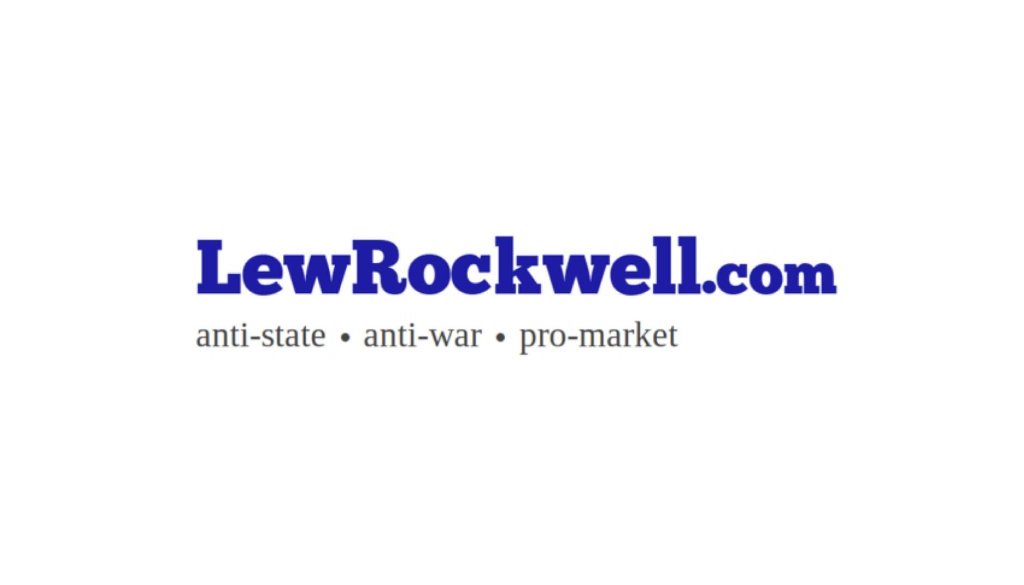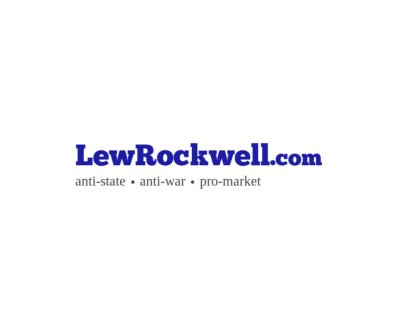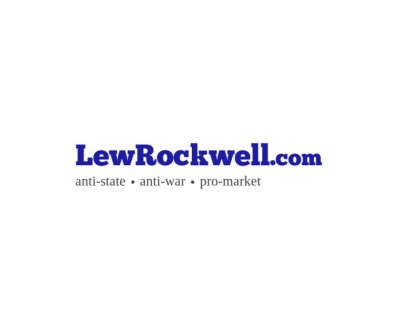A Brief History of the Gold Standard
As evidence mounts that major western economies are heading into a banking and monetary crisis due to contracting credit, we face the consequences of unsound money. The era of fiat is drawing to a close and its death will be painful for the highly indebted advanced economies in North America, Europe, and Japan. History and legal precedent tell us that fiat will die, and only gold can provide an anchor to credit values.
As always, there are lessons to be learned from monetary history, particularly in the context of credit-dependent post-feudal economies, when in a post-feudal world gold standards evolved to support mountains of credit in the forms of bank notes and commercial bank deposits.
In this article, I look at lessons from nineteenth century gold standards and the mistakes made. Mostly, they could have been easily avoided, but are lessons for designing tomorrow’s monetary systems
The debate over the return of gold backing for credit is becoming urgent, not just because the fiat currency system has run its course, but because it is increasingly in the developing world’s interests to embrace it. And unless Russia, China, and their spheres of influence moves urgently towards backing their currencies with gold, there economies wil suffer from increasing dollar-led fiat instability.
Introduction
We know that from the dawn of monetary history, money is gold, silver, or copper and everything else is credit. And the relationship between money and credit was codified in a series of Roman law pronouncements dating back to Rome’s Twelve Tables in 449 BC. It was the successor nations of the Roman Empire, stretching from the Atlantic seaboard to the Urals which colonised the world, apart from China and Japan. But coincidentally with the Twelve Tables, it was the era of Confucius, who had died only thirty years before, and the flowering of Chinese philosophy which confirmed similar conclusions about money. But since the end of barter, there have been numerous attempts by rulers to fraudulently misrepresent or confiscate money, usually to finance wars or disguise their debts.
The transition from agricultural feudalism to industrialisation was facilitated by the expansion of credit, not money, though above-ground stocks of gold and silver available for coining did continue to accumulate. And with its expansion, banking systems evolved to deal in credit, creating it as demanded. Rudimentary banking dealing in credit had existed in Roman times, which is why jurors such as Ulpian, Paul, and Gaius in the early Christian era ruled on the differences between money and credit.
In his 1751 treatise Della Moneta [On Money], the Italian economist Ferdinando Galiani confirmed the origins of Italian banking which spread throughout Europe:
“Notably, the first banks were in the hands of private persons with whom people deposited money and from whom they received bills of credit and who were governed by the same rules as the public banks are now. And thus, the Italians have not only been the fathers, the masters, and the arbiters of commerce so that in all Europe they have been the depositories of money and are called bankers.”
Banking as we know it today was developed in England by London’s goldsmiths, who began to receive the gold and silver coin of the merchants in deposit. They not only agreed to repay it on demand, but to pay 6% interest per annum for the use of it. Consequently, in order to enable them to pay the interest promised it necessarily became their property to trade with as they wished. They were not the trustees of the money, but its proprietors. And it was not placed with
Article from LewRockwell

LewRockwell.com is a libertarian website that publishes articles, essays, and blog posts advocating for minimal government, free markets, and individual liberty. The site was founded by Lew Rockwell, an American libertarian political commentator, activist, and former congressional staffer. The website often features content that is critical of mainstream politics, state intervention, and foreign policy, among other topics. It is a platform frequently used to disseminate Austrian economics, a school of economic thought that is popular among some libertarians.




